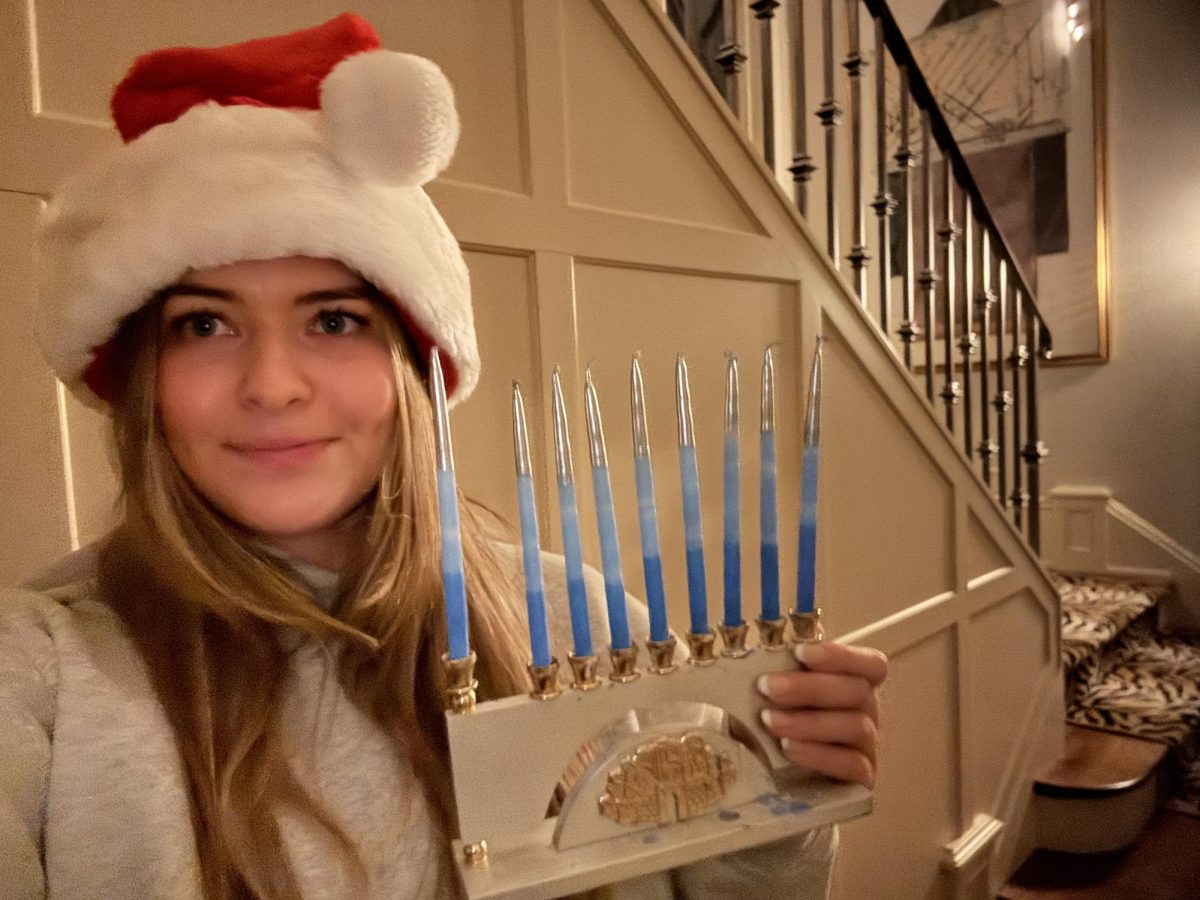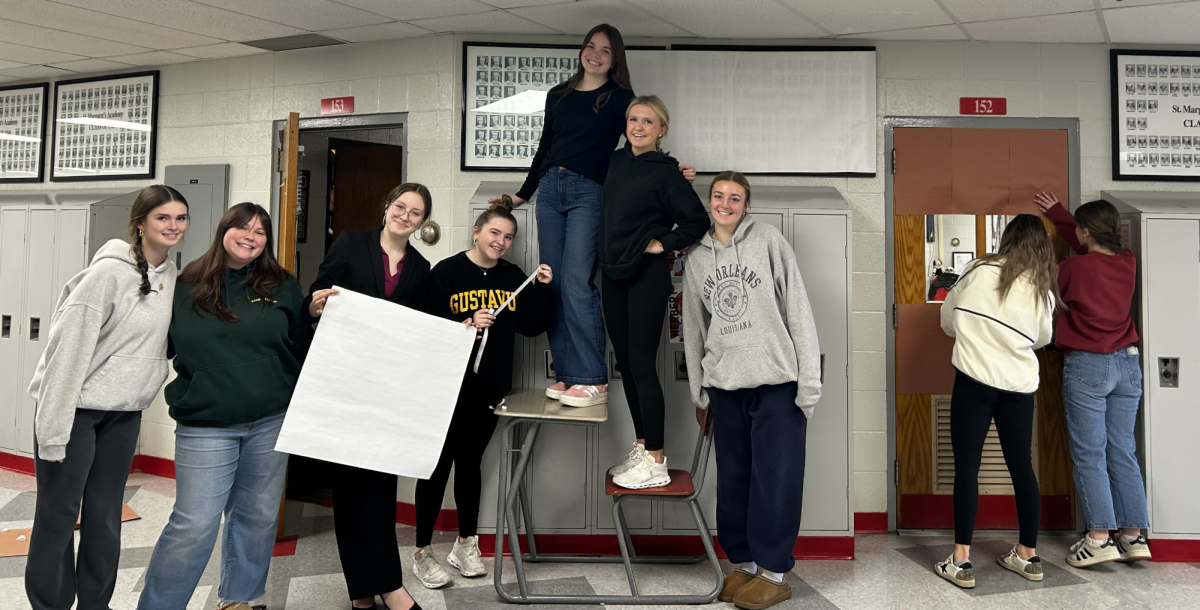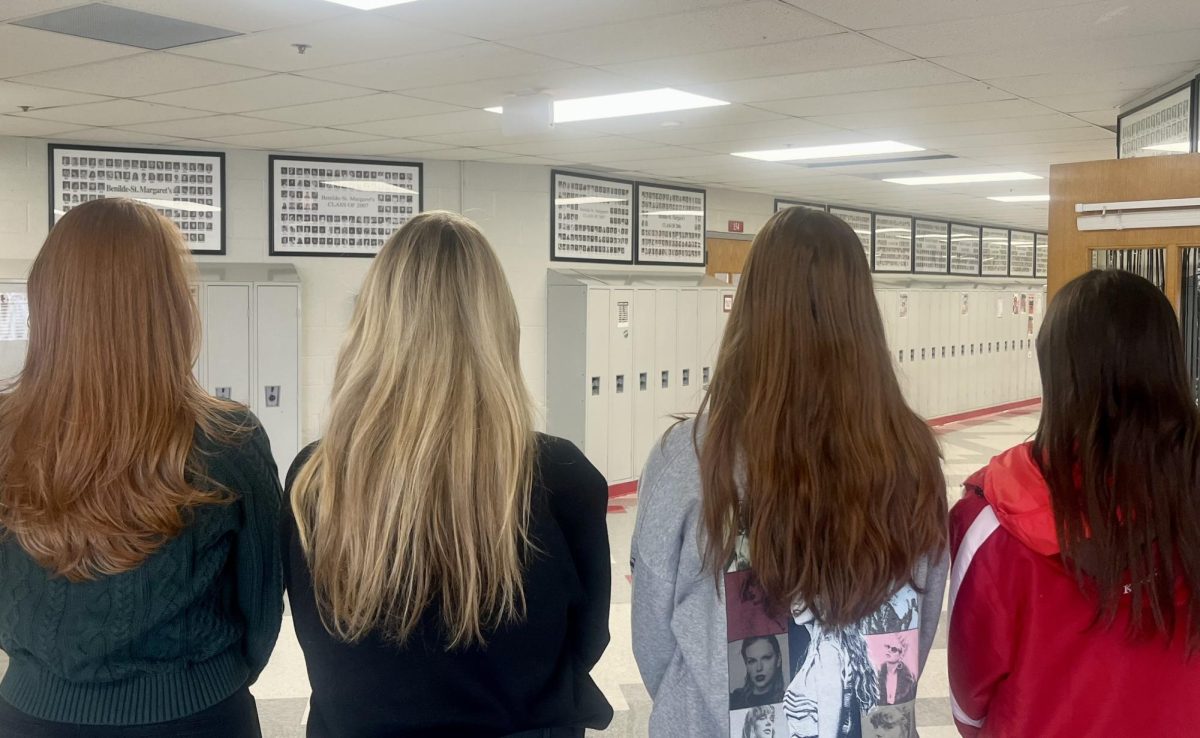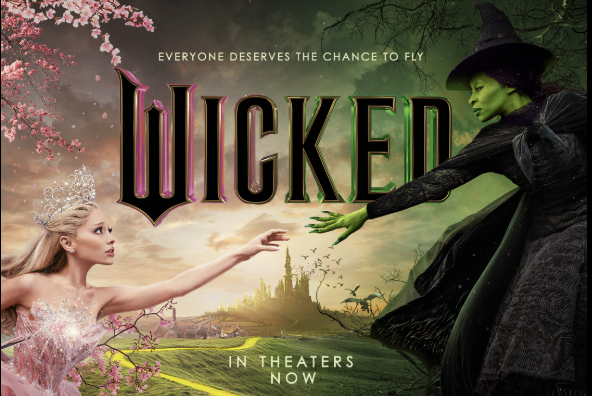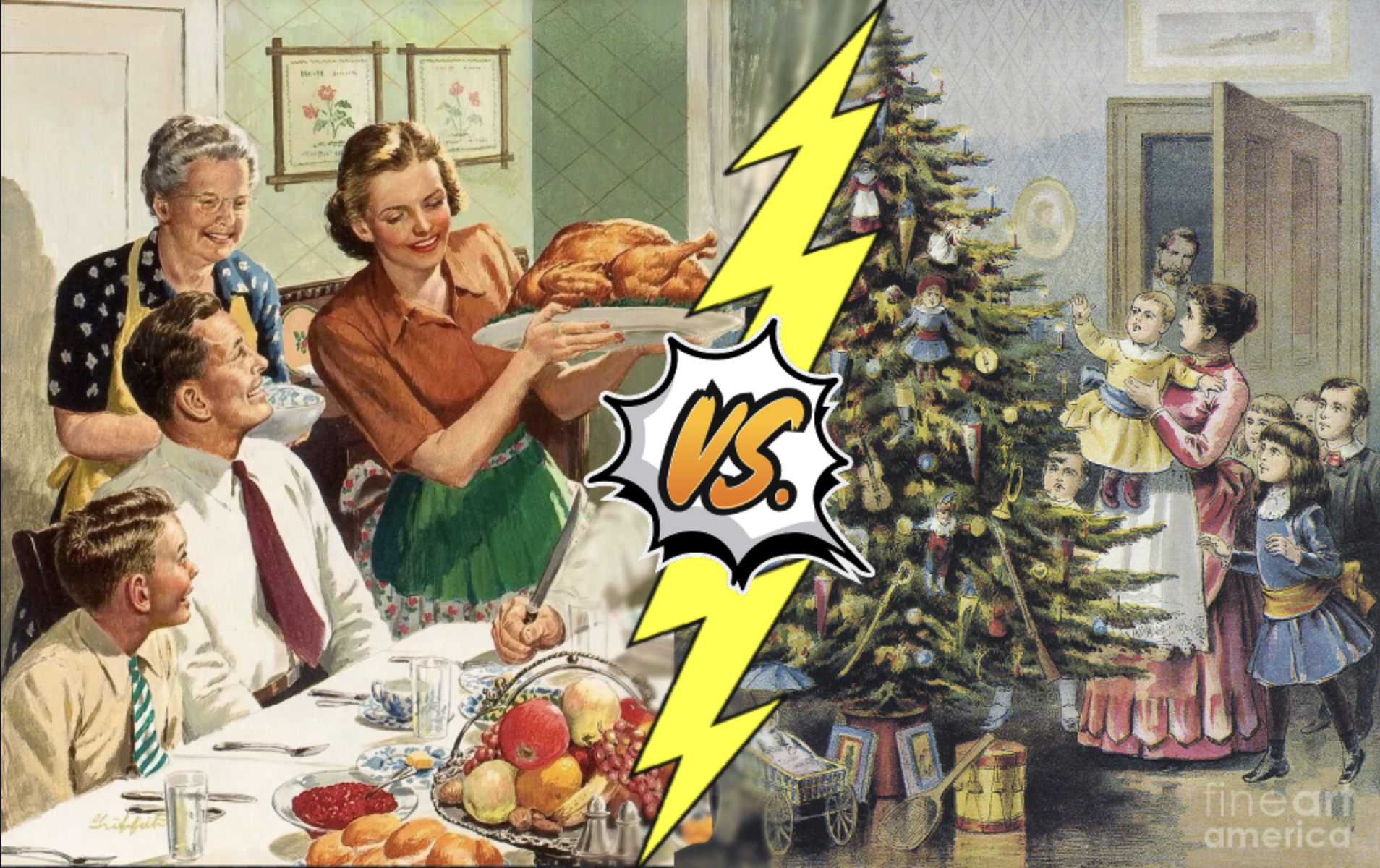“Les Miserables” continues to achieve success in the theatre
January 11, 2019
Les Miserables is a musical phenomenon. The fluid storyline immerses the audience into the nuances of the French Revolution, as the romantic storylines simultaneously unfolded. Not to mention, the cast’s performance approached perfection. Their operatic tone, blended with the dynamism of their voices made for a thrilling performance.
The musical, though it has a relatively well-known name, has a lengthy and complex plot. The story begins with the demise of Fantine (Mary Kate Moore) and ends with the winding relationship of Cosette (Jillian Butler) and Marius (Joshua Grosso). Although the length of the musical nearly reached three hours, it didn’t fail to entertain. Even as the time moved towards midnight, it remained suspenseful, engaging the audience with visuals and quality acting––any fatigue was a result of the late night. No character in the cast was a weak link; all were breathtaking.
The set design was genius in its depth, yet relatively simple. It constructed an eerie mood throughout the entirety of the three-hour performance. The sun never seemed to shine in the world of Les Miserable; daylight was simulated with a bright orange-yellow light. Darkness invaded the characters, and it didn’t stray far from the chilling plot. The background was adorned with shadows and fog to feign distance.
Nick Cartell appeared as Jean Valjean, the main protagonist. His vocal talent was astounding; impressive notes seemed to take the audience by surprise. He was unequivocally convincing in his performance. He embodied Valjean as a struggling thief in the first act of the musical, yet he seamlessly transitioned into Valjean’s transformed character. The character arc was clear in the effectuation of his acting. His inner struggles were perspicuous and were conducive to the complexity of the musical. Gavroche (Parker Weathersbee) was also a standout character; his heartwarming performance and tenacity as a young actor were apparent, and his talent matched those of the older, more experienced thespians.
In addition to the vocal talent, the orchestra contributed immensely to the production. The succinct music was integral in highlighting the talent of the performers. Trumpets, especially, were distinct in the musical arrangement. They could be heard harmonizing with the singers to create a contrasting resonance.
Furthermore, the enactment of the war scenes was impeccably done––it showcased the pain of the soldiers without being vulgar or gory. Gavroche’s death scene pulled at every heartstring. Watching him fall from the wound of a gunshot was poetic and saddening. With immediate succession, other soldiers fell to their death, yet it was done in a lyrical way to draw attention to the beautiful pain of those who fought for their country.
Overall, Les Miserables is worth its three hours run time. It offers an inside look into the suffering of the French Revolution, yet the performance of the actors garners the affection of the audience. It leaves the entire theater enthralled in the performance and attentive until the last note.







